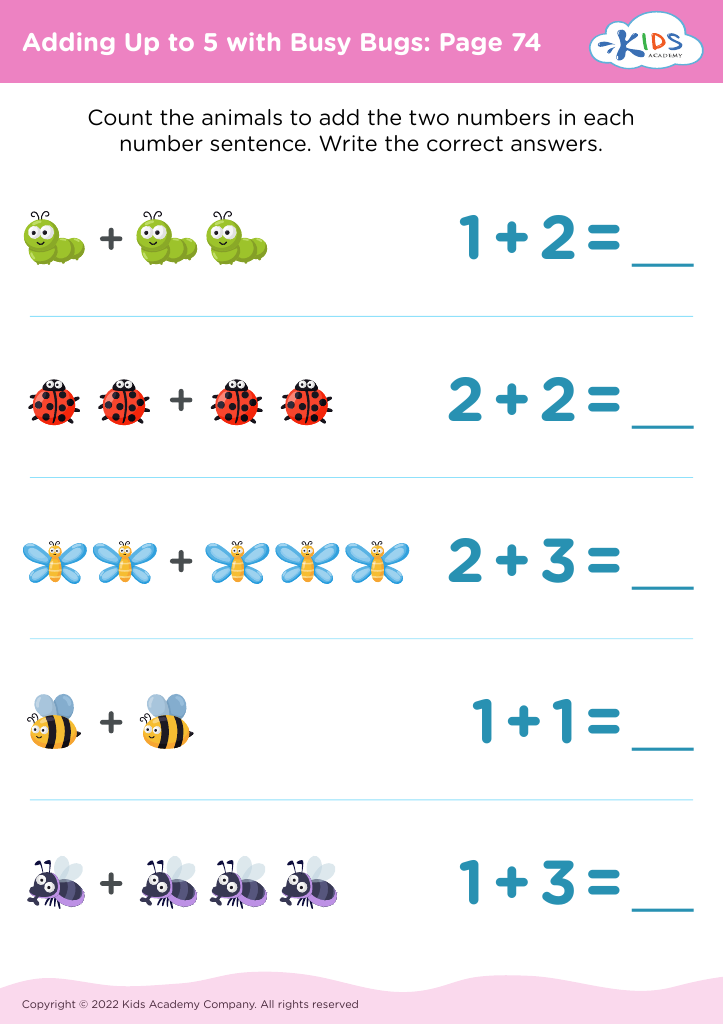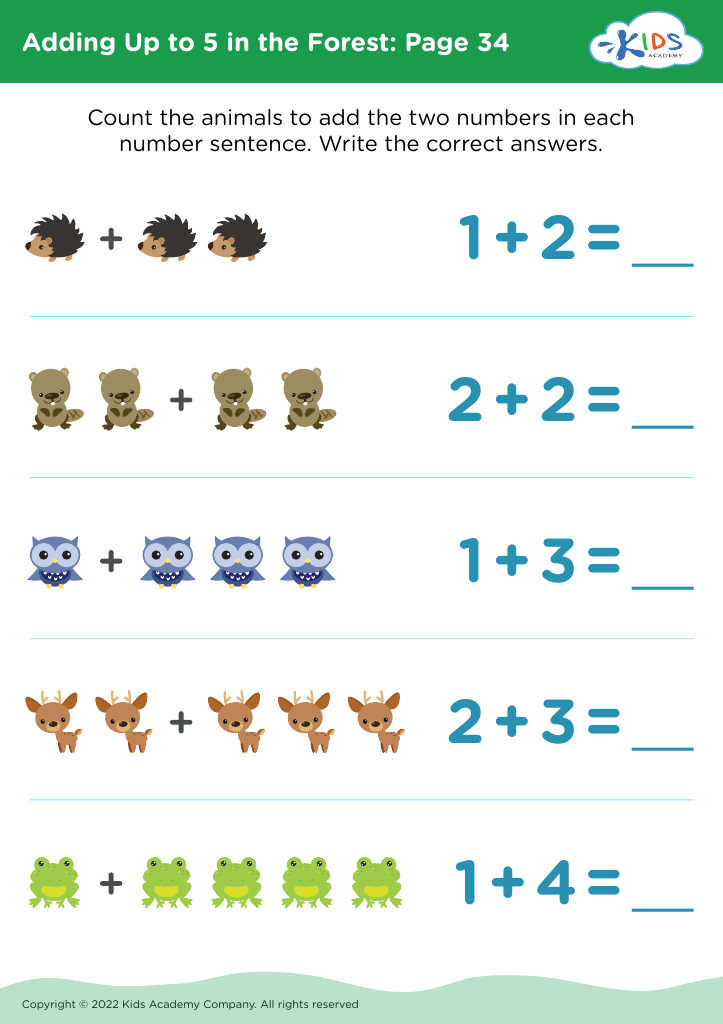Fine motor development Math Worksheets for Ages 4-8
7 filtered results
-
From - To
Enhance your child's fine motor skills while building essential math foundations with our engaging math worksheets for ages 4-8. Designed specifically for young learners, these worksheets incorporate fun activities that promote finger dexterity and hand-eye coordination, key components of fine motor development. Through tracing, cutting, and coloring exercises interwoven with mathematical concepts, children will develop both confidence and proficiency in math. Our carefully crafted resources foster a love for learning while honing critical skills necessary for academic success. Discover the perfect blend of creativity and education, ensuring your child’s growth in math and fine motor abilities today!
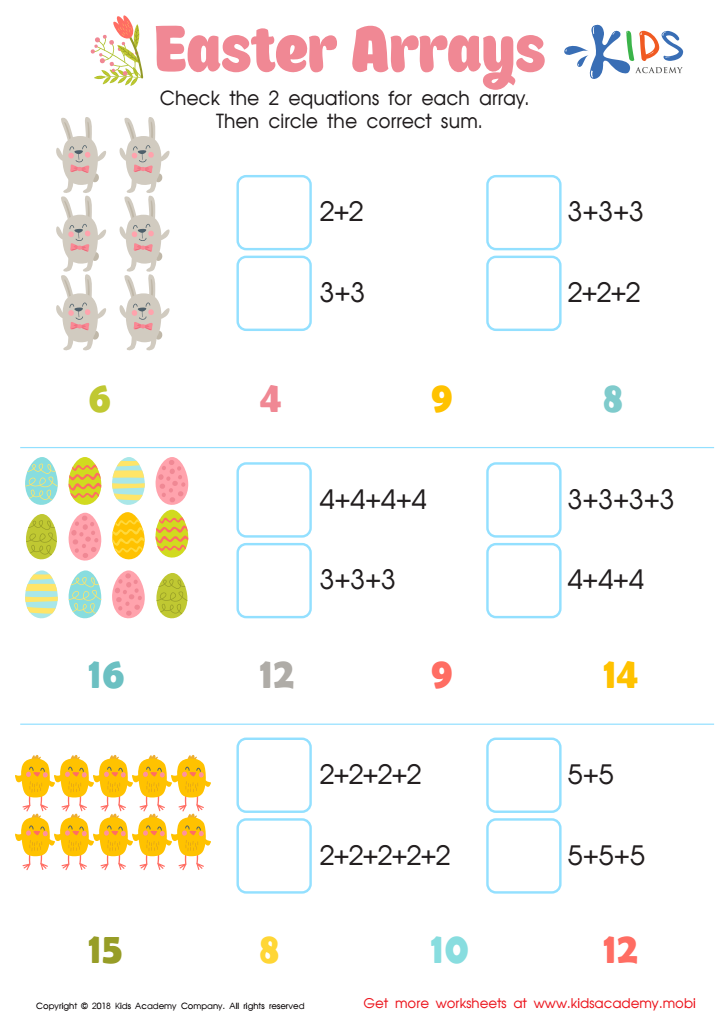

Easter Arrays Worksheet
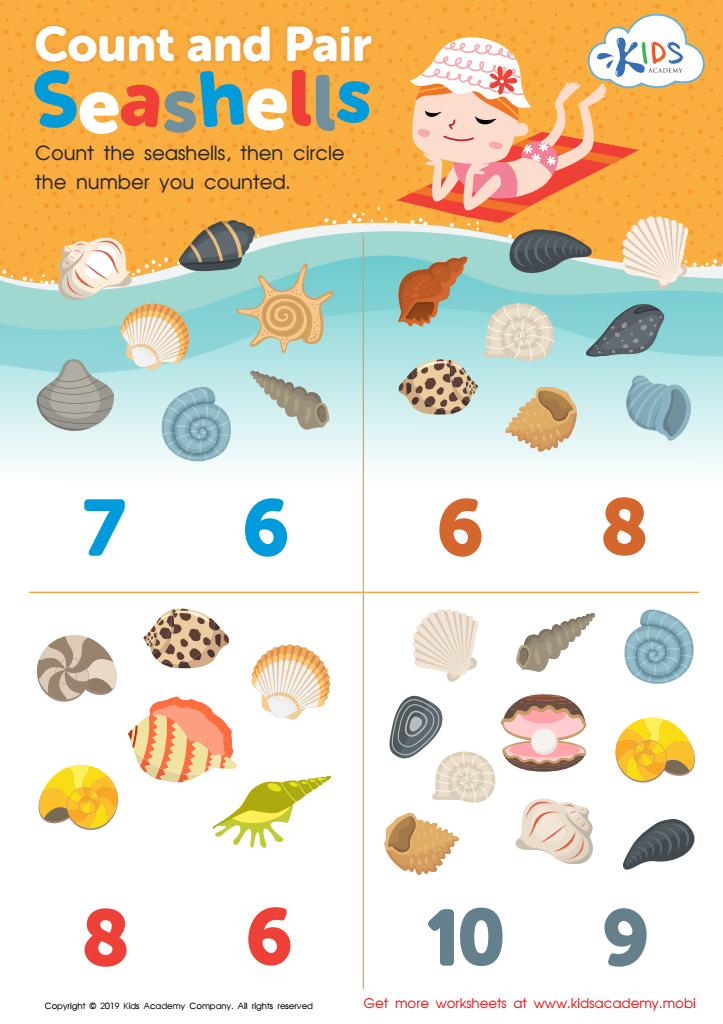

Count and Pair Seashells Worksheet
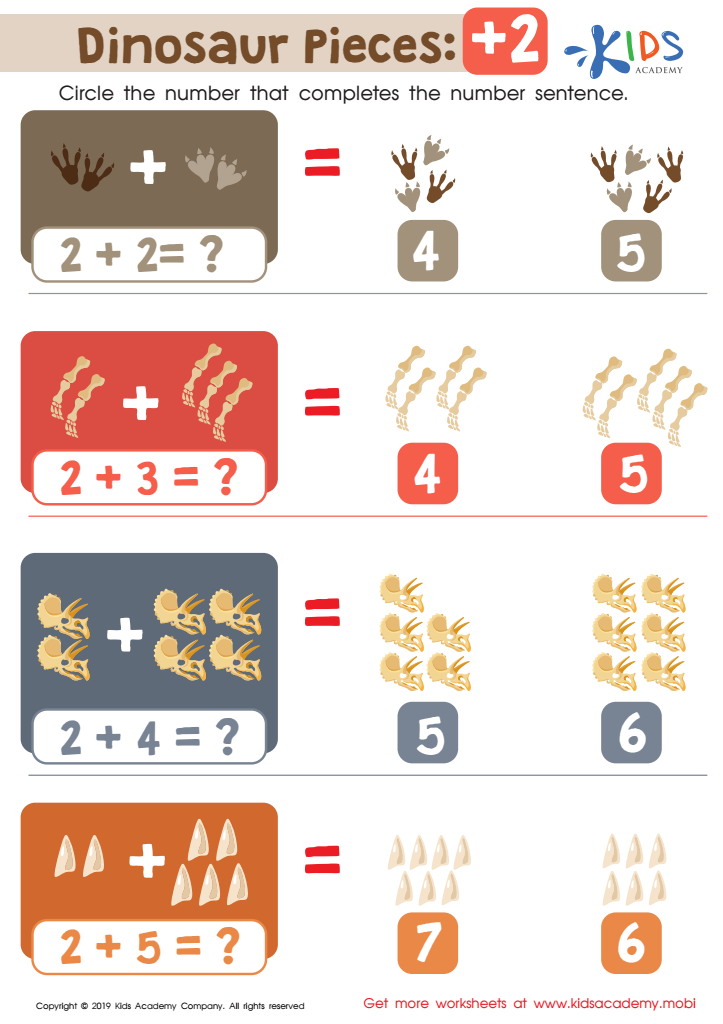

Dinosaur Pieces: +2 Worksheet
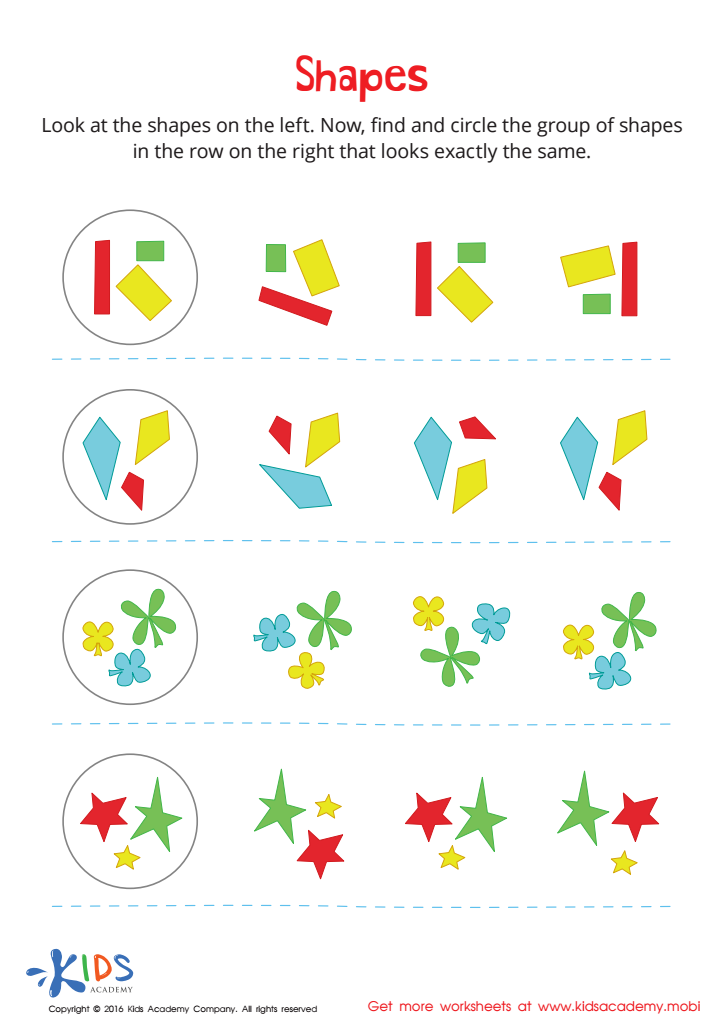

Shapes Worksheet
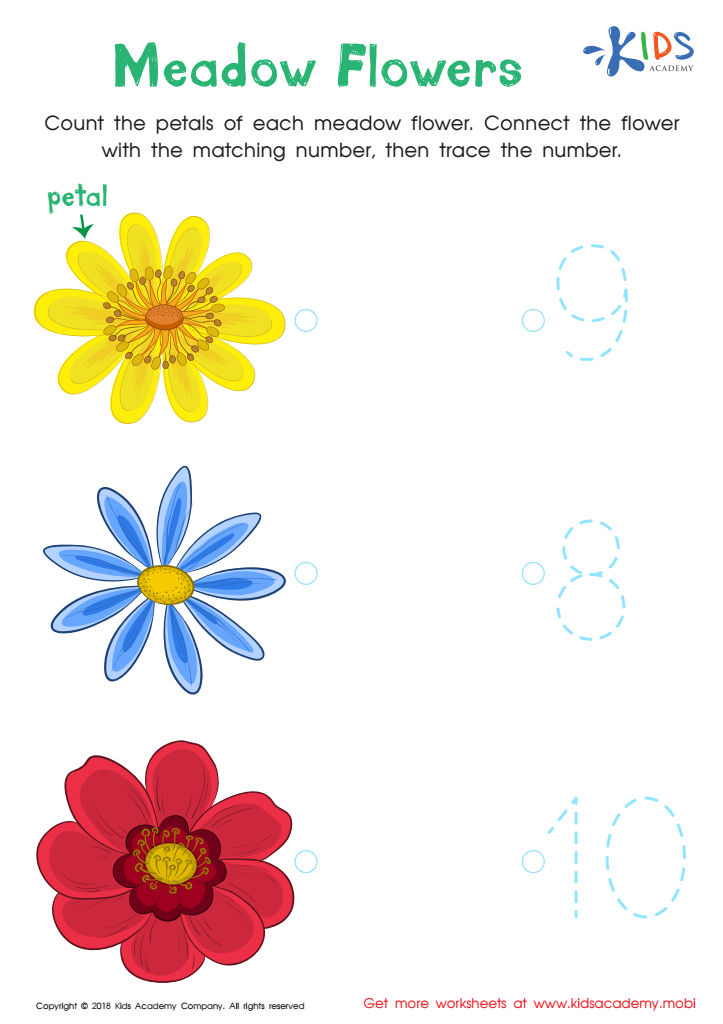

Kindergarten Number Tracing: Medow Flowers Worksheet
Fine motor development is crucial for children aged 4-8 as it directly impacts their ability to engage in mathematical tasks and concept mastery. During this developmental stage, children are honing their dexterity through activities like writing, cutting, and manipulating small objects, all of which enhance their precision and control. Strong fine motor skills enable children to confidently use materials such as pencils, scissors, and manipulatives, which are essential for hands-on math learning.
Furthermore, engaging fine motor activities can strengthen children's cognitive abilities, promoting problem-solving and critical thinking skills that are foundational for math proficiency. Teachers and parents should recognize that practices like sorting objects, counting small items, or building with blocks not only develop fine motor skills but also support early math concepts such as counting, spatial awareness, and pattern recognition.
Encouraging fine motor development is vital for helping children build a positive relationship with math, eventually leading to greater success in school. When parents and teachers prioritize these skills, they lay the groundwork for a child's future academic achievements and confidence in their mathematical abilities, fostering a lifelong love of learning.
 Assign to My Students
Assign to My Students

